Do-It-Blind (DIB) Besprechung
Learn using BigBlueButton, the trusted open-source web conferencing solution that enables seamless virtual collaboration and online learning experiences.bbb.metalab.at
This week on #OpenSourceSecurity I talk to @ottok about his blog post about detecting an attack like xz in Debian
It's a fascinating conversation about a very complicated topic
There are things that could be detected, but this one would have been very very difficult
opensourcesecurity.io/2025/202…

Detecting XZ in Debian with Otto Kekäläinen
In this episode, Josh and Otto dive into the world of Debian packaging, exploring the challenges of supply chain security and the importance of transparency in open source projects.Josh Bressers (Open Source Security)
@bagder
This is a good point
It's of course extra hard in the distro world as using release source tarballs is still super common
But building out of git instead of a release is probably a future end state
yeah, in the #curl case I hope and wish that the people making the curl packages for distros (or build curl for other purposes) do the reproducible check - so that they know for sure that the one doing the curl releases didn't smuggle anything in. It also usually also requires that a few people do it and can trigger the alarm if they would find something odd.
At least we make it possible.
feld likes this.
You have an idea for a software project, but lack the resources to implement it?
The Prototype Fund supports you or your small team with up to €158,000, coaching, consulting and networking opportunities.
Apply by November 30th!
All information: prototypefund.de/en/applicatio…
Once upon a time, there was a little process named, StartMenuExperienceHost.exe. This executable, as so called, became responsible for hosting the start menu bits in Windows 10 and 11. By doing this, Microsoft could avoid crashing your entire shell if the start menu crashed. So, perhaps they had a good reason: Sandboxing hardens your system against such crashes.
In Windows 10, StartMenuExperienceHost lived happily. It consumed very low amounts of RAM, typically around 40 to 60 MB. It quietly sat there, waiting for its user to hit that magic start button.
Then along came Windows 11. The Start menu moved further into WinUI/XAML with more composition effects and glue to other shell bits; it runs in its own user-scoped process now too. Windows 11’s Start became more entangled with web-delivered features, even going as far as talking to the widgets process for content updates.
This in turn, really burdened poor StartExperienceHost. Our friend now went from using 40 MB to 140 MB Ram when idling. Today, it runs almost as much as content as a web browser inside itself, and yet it lives faithfully on inside the computers of hundreds of millions.
The end.
Andre Louis reshared this.
Sensitive content
Stepping down as Framework Linux Community Ambassadors
We are Tommi and Fraxinas, Framework Linux Community Ambassadors since September 2024.
We apprehensively followed the developments and the debate concerning Framework’s endorsement and support of Omarchy. We have no direct experience with this Linux distribution, its community, nor with the political environment around it. We did not speak up before now because learning about all of it and keeping up with all the commentary would have been a full-time job. Unfortunately we do not have the time to read every single comment on the dedicated forum thread.
Despite our admittedly limited and superficial understanding of this matter, we believe we have witnessed and read enough to make an informed decision and take a clear position.
The statements from Framework and from Nirav Patel (its CEO) made it very clear for us that Framework is not a company we feel represented by any more, and surely not a company that we want to represent as Ambassadors.
To be frank, it is not even necessary to dive into the petty drama about the recent events in order to provide an explanation of our decision. We are deeply disappointed by a company that is self-proclaimed as the resistance of the tech industry, the good David that intends to stand against the big tech Goliaths that are devouring it. Framework’s behaviour brought to surface an embarrassing and absurd inability to take an explicitly political position, blinded by the Western patriarchal narrative that technology in itself is not political. By trying to keep everyone happy (or at least not to make anyone mad) inside a fictitious “big tent”, the company proved to be no better than any of its Silicon Valley peers, dismissing comments about DHH, and comments about fascism and racism as not strictly related to the main mission.
We were proud to be ambassadors because we believed that Framework not only made products that empowered those who purchase them to fully own and repair their devices, but most importantly because we wrongly expected that this would imply changing the paradigm and the narrative about tech companies altogether.
We were offered the possibility of having a 1:1 conversation with Nirav Patel. We did not take it, because it is self-evident that our opinions are in contrast with the statements that he already made. Too bad, Framework is going to lose much more business than it would have if it simply acknowledged a mistake, took a deep inward look, and questioned its own values and stance.
In a world that is burning, thorn by conflict and greed, it is not enough to be “less evil”, to be radical only in some cases, and be moderate in others. We wanted to be ambassadors of a company that does not see fascism and proprietary software as two distant topics, but that recognised the entanglement of politics and technology, of capitalism and authoritarianism. It seems that this is not the case.
Farewell, Framework. We will miss the shining brave idea we had of you.
The following statement was cross-posted on Framework’s Community Forum.
#Framework #politicalTechnology #SiliconValley #CalifornianIdeology
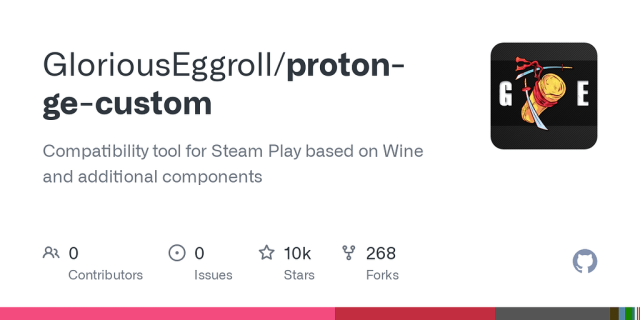
Framework Linux Community Ambassador Program Launch
Hello everyone, We are delighted to officially launch our Linux Community Ambassador Program and introduce you to our five ambassadors.Framework Community
reshared this
Day 2 of the Hackathon went great. Marvin (@larma) helped me implement an opt-in feature in #Conversations_im which routes all P2P sessions (calls and files transfers) via the users home server (similar to the feature found in Signal).
I went on a nice walk to a viewpoint on Mount Royal afterwards.
Now looking forward to Day 1 of #IETF124.
The 1977 Coleco Telstar Arcade answered a design question that amazingly no one had asked before -
"What if a game console looked like a Wild West take on the TARDIS console?"
I recently saw a toot saying that Linux on the desktop will take off and go mainstream once the terminal is hidden away under advanced settings (actually, twenty years after that). I had an immediate emotional reaction to that. This was my response: toot.cafe/@matt/11548590734157…
I feel like future generations need to be able to easily discover programming, almost stumble into it, as I could on my family's first computer, an Apple IIGS. So the idea of burying the terminal just seems wrong.
Matt Campbell (@matt@toot.cafe)
@ifixcoinops@retro.social I say don't ever hide the terminal away. We need to make sure that future generations always know that their computers are theirs to tinker with and modify as they see fit.Toot Café
Eh. That's taking basically a religious position on the terminal.
Programming is not the terminal.
We want *a* good interface to some things. Sometimes the terminal is a good way to do things and sometimes it's a really bad way to do things.
Stumbling into programming should be the goal, but that shouldn't depend on the terminal as the One True Path.
That's the original point too. If you insist on bad ways to do things being the only true way to do them, people may bounce.
Sensitive content
MIT have also silently, without noting on the pages, started rewriting their website to remove references to their own work. They've also changed the URLs of the pages to remove references.
Left, before: archive.ph/SckSr
Right, after: mitsloan.mit.edu/ideas-made-to…
AI cyberattacks and three pillars for defense | MIT Sloan
MIT researchers argue for a response that goes beyond fighting AI with AI.MIT Sloan
I'm coining another term - cyberslop.
Cyberslop is where trusted institutions use baseless claims about cyber threats from generative AI to profit, abusing their perceived expertise.
I'm also starting a series about it, called CyberSlop. Much more soon.
LMAO, I've run into this issue quite often and I often thought that maybe it was me, I had hit the wrong button. But no, it wasn't me, it was Windows. This is another tell of the overall quality of the software and hardware industries. It's going down and it keeps going down. How else would you explain taking a decade for a multi-billion dollar corporation to fix an obvious bug?
techpowerup.com/342538/windows…
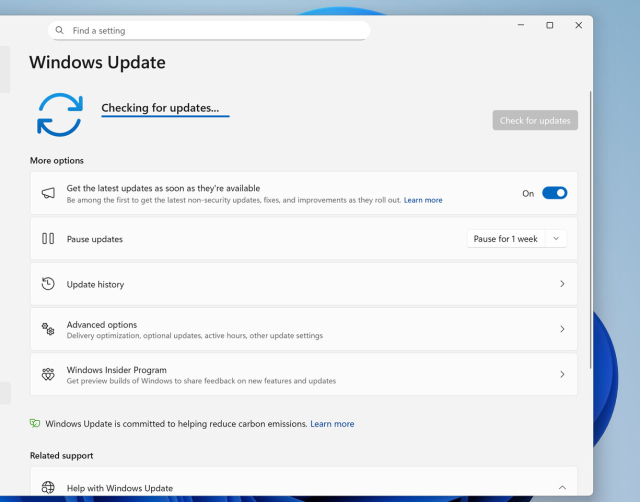
Windows 11 Finally Fixes "Update and Shut Down" Functionality After a Decade
If you ever tried the infamous "Update and shut down" option in any Windows build, it often leads to a reboot instead to an actual shutdown. Now, Microsoft has finally fixed this issue starting with Windows 11 25H2 Build 26200.7019 (or 26100.TechPowerUp
He wanted to create an audiobook. Since the budget was small, we did it like this: I gave him a Zoom H1N recorder. He locked himself in a relatively quiet room and gradually recorded the entire book. He sent me the raw material, which I ran through @Auphonic to remove background noise and room echo and to balance the loudness levels.
Now I just need to remove the mistakes and create the music background. It won’t be full studio quality — but honestly, I’ve heard “studio” recordings that sounded much worse than what we’re working on now.
I took the liberty to polish the #curl Wikipedia page a little. Give it a look and see what more we can improve there.
ondrosik reshared this.
Digitalizacja była, zanim zbudowano komputery. Z historii wyrazu digitalizacja w polszczyźnie
Autorzy dowodzą, posługując się przykładami z korpusów i innych cyfrowych kolekcji tekstów, że wyraz digitalizacja, odnoszony dziś przede wszystkim do czynności i procesów związanych z techniką komputerową funkcjonował w polszczyźnie już przynajmniej…jezyk-polski.pl
lse.ac.uk/lse-player?id=5f137e…

On liberalism: in defence of freedom
Featured image (used in source code with watermark added): Photo by AussieActive via Unsplash: https://unsplash.com/photos/statue-of-liberty-new-york-1brtlzDq-o8London School of Economics and Political Science
democracyparadox.com/2025/10/2…

Amel Ahmed Says the Regime Question Has Returned - Democracy Paradox
Amel Ahmed discusses her new book The Regime Question: Foundations of Democratic Governance in Europe and the United States.democracyparadoxblog (Democracy Paradox)
abc.net.au/listen/programs/big…

Why we need to cancel cancel culture — with defamation barrister Sue Chrysanthou
When people say or do the wrong thing, we have laws and a legal system that should be able to deliver consequences and, hopefully justice.Natasha Mitchell (ABC listen)
Cleverson reshared this.
PeerTube - software za Vhsky.cz (Jiří Eischmann)
Chtěli byste zveřejňovat videa, aniž byste záviseli na YouTube, které je čím dál víc prolezlé reklamami? Na přednášce se seznámíte s projektem PeerTube, který vytváří stejnojmennou video platformu, která stojí i za Vhsky.cz. Můžete si ji ale hostovat sami a přitom se zapojit do široké sítě, aby se vaše videa šířila co nejdál.
talks.openalt.cz/openalt-2025/…
openalt.cz/2025/
Konference OpenAlt - 2025
Devatenáctý ročník konference o otevřeném softwaru a datech, IT bezpečnosti, DIY a IoT.OpenAlt z.s.
reshared this
🚨 AI is a billion dollar bet. And Big Tech wants YOU to pay for it. Now Microsoft got sued for tricking users to pay 45% more for its AI. 🚨
👉🏼 Australia’s competition regulator says Microsoft misled around 2.7 million users into paying more for Microsoft 365 when offering its AI Copilot.
Find out more: tuta.com/blog/microsoft-price-…
#Microsoft #AI #Microsoft356 #Australia
Microsoft sued for misleading millions of customers into paying a 45% increase for AI add-ons. | Tuta
Australia’s competition regulator sued Microsoft, alleging it misled around 2.7 million users into paying up to 45% more in subscription prices for Microsoft 365 because of its AI integration. But there’s more to this story than just money.Tuta
no one's is great all the time and not everyone's opinion is meaningful.. that "never again" confuses me but u are
edit: of course I'm projecting it onto myself don't mind me
Sensitive content

John Lee Hooker- I Hated The Day I Was Born
John Lee Hooker (August 22, 1912 or 1917 – June 21, 2001) was an American blues singer, songwriter, and guitarist. The son of a sharecropper, he rose to prom...YouTube
Daylight Savings Time (DST) in the twenty-first century, yay or nay?
Please consider boosting for a more statistically significant result.
#daylightsavingstime #dst #us #poll #autumn
- Yay (11%, 203 votes)
- Nay (87%, 1583 votes)
- "My opinion is that..." (comments.) (1%, 28 votes)
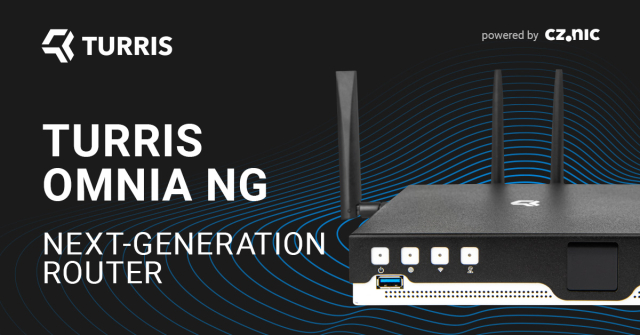

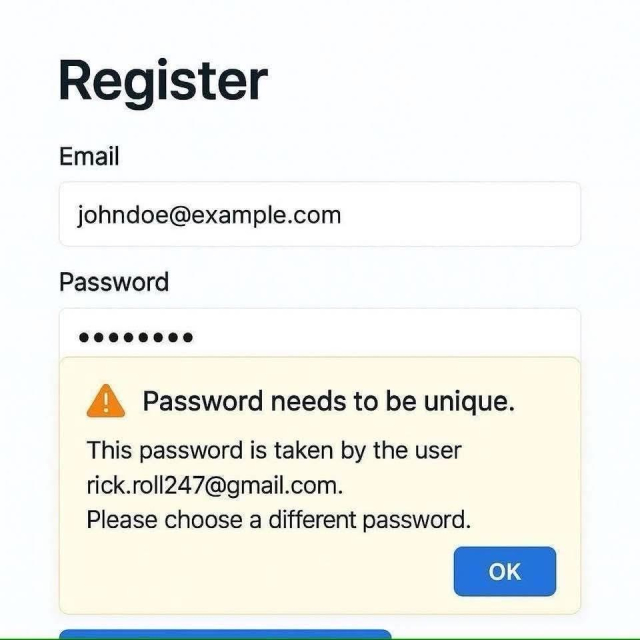
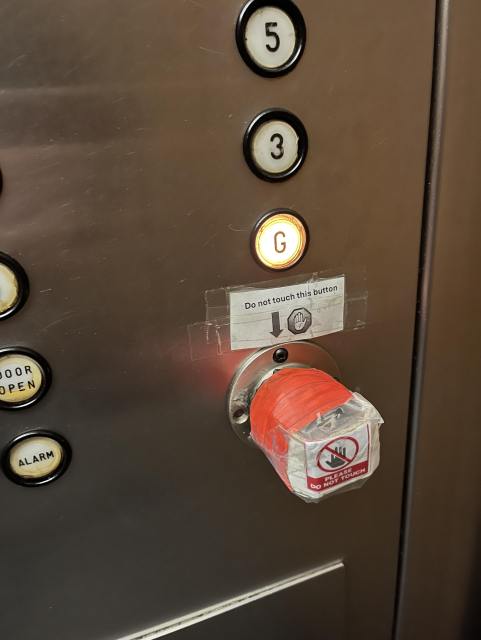
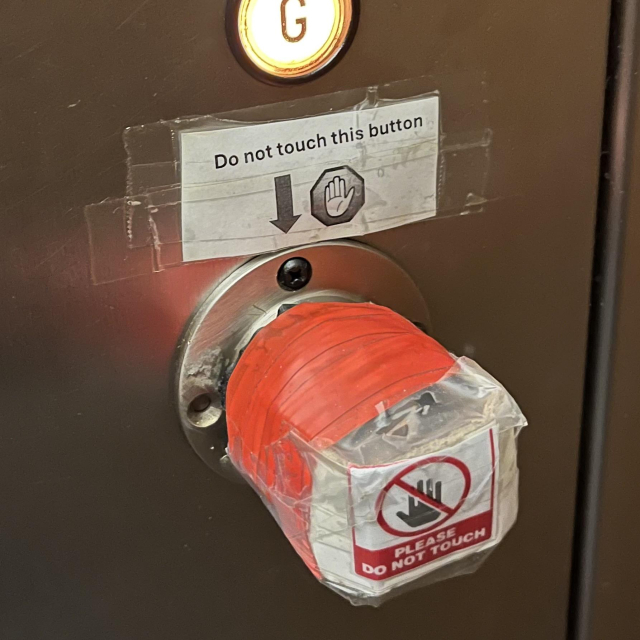
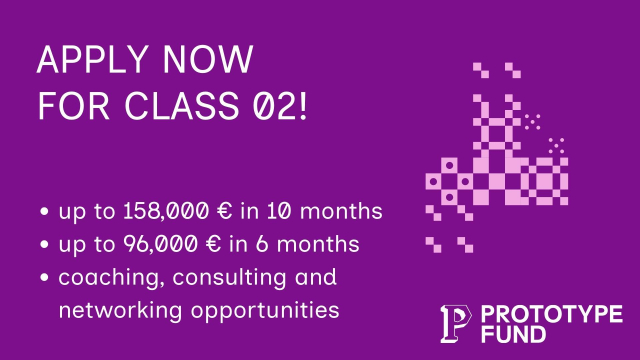
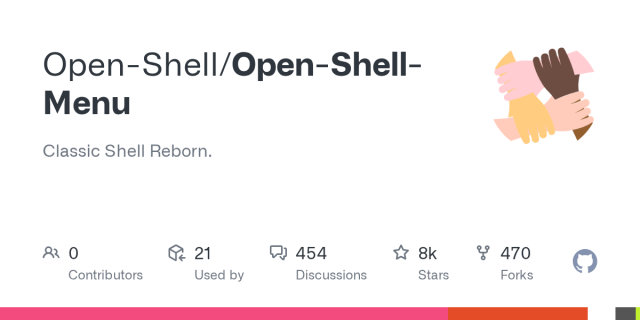
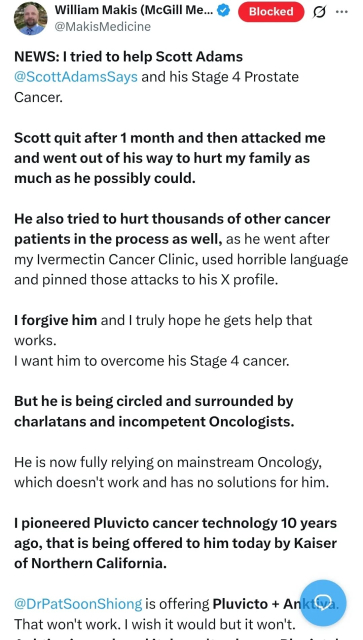
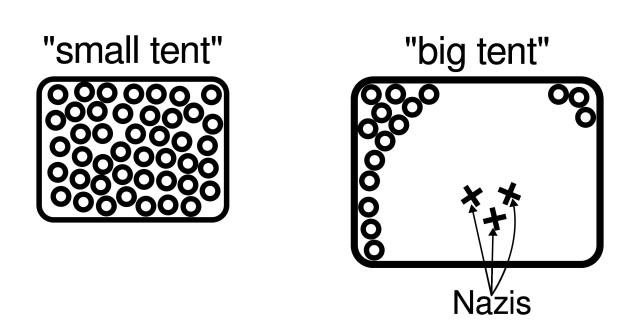

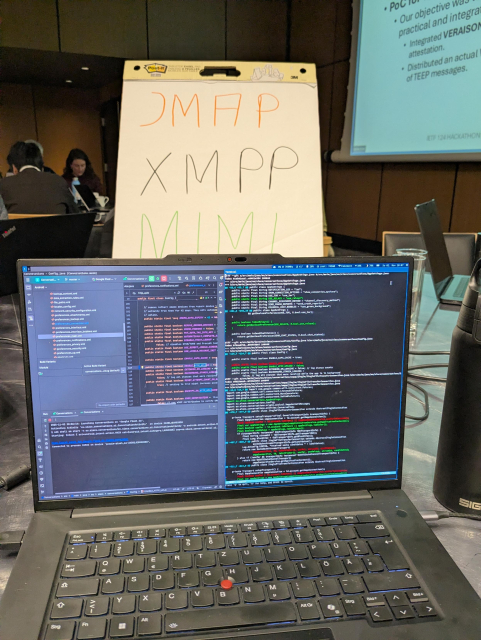

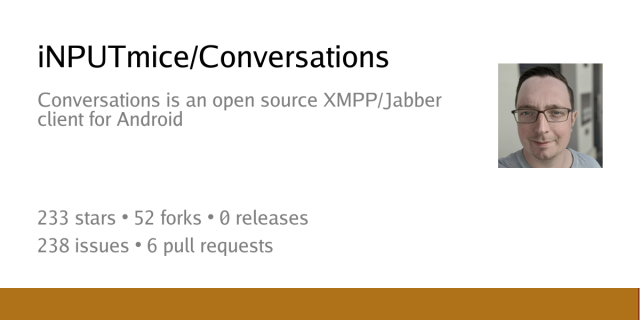


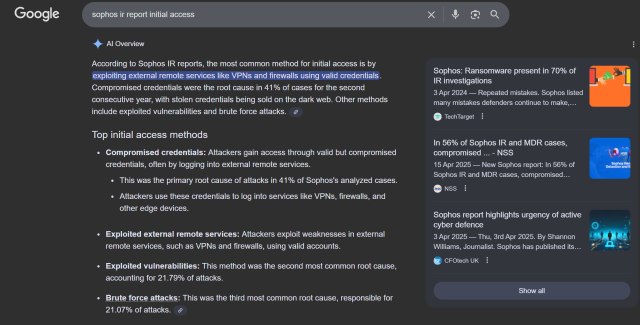
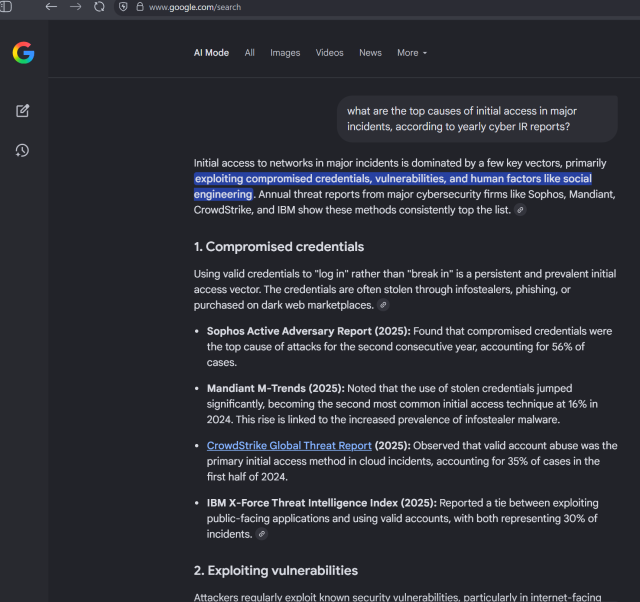
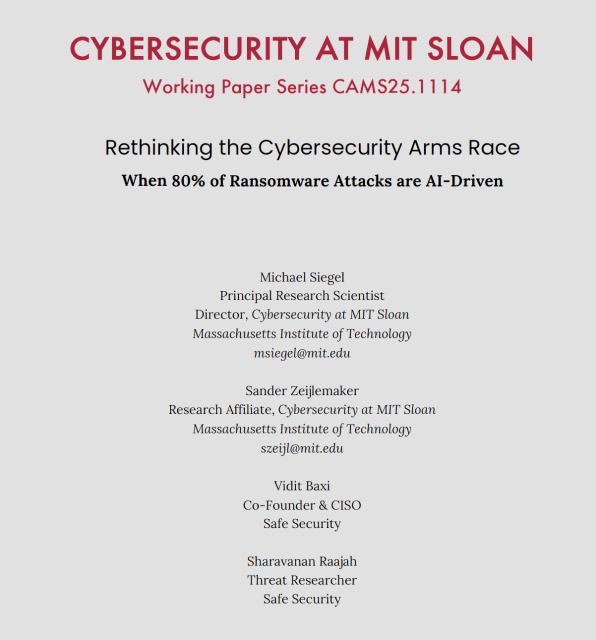
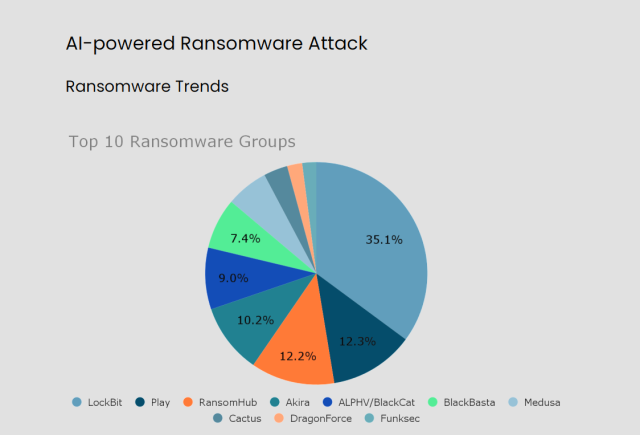
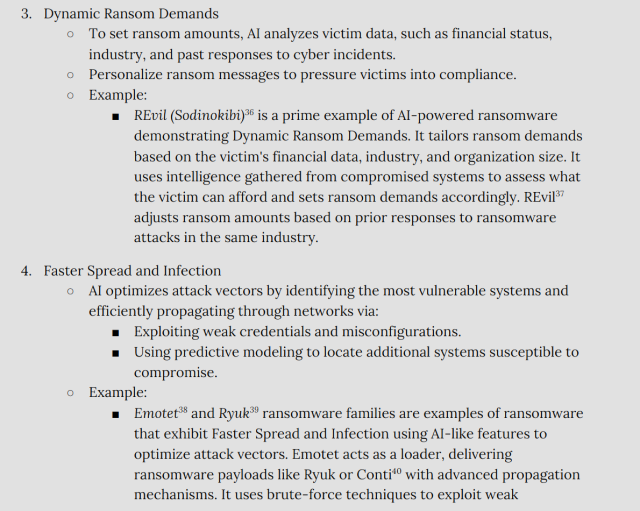
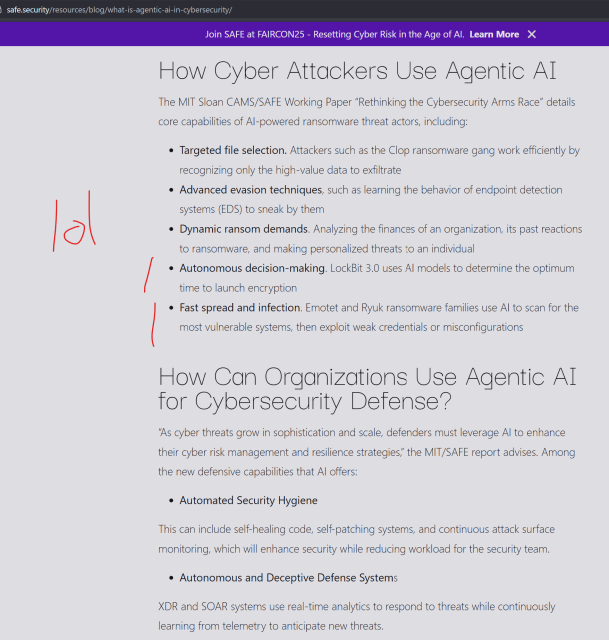


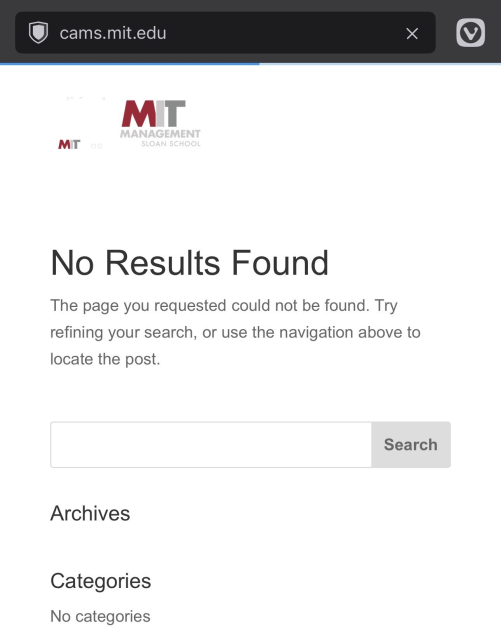

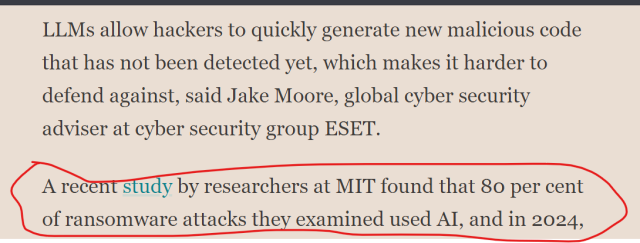
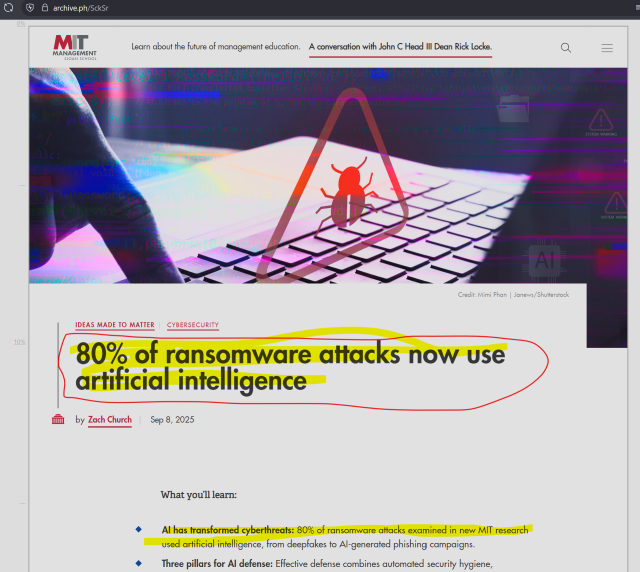
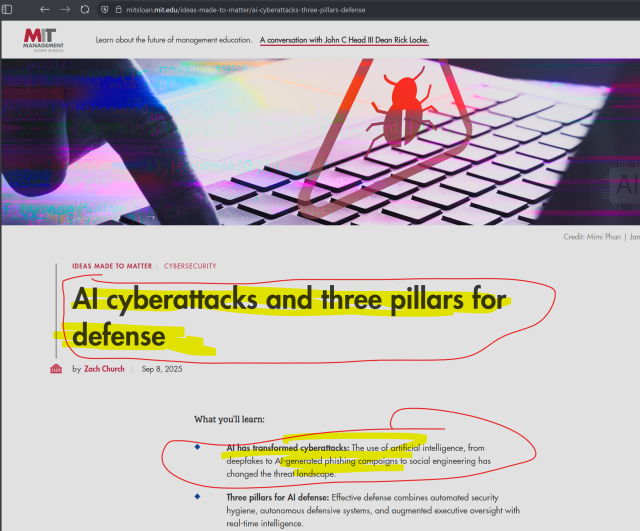

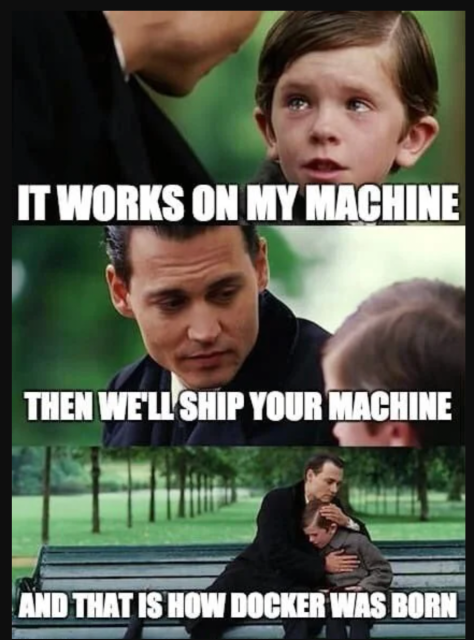
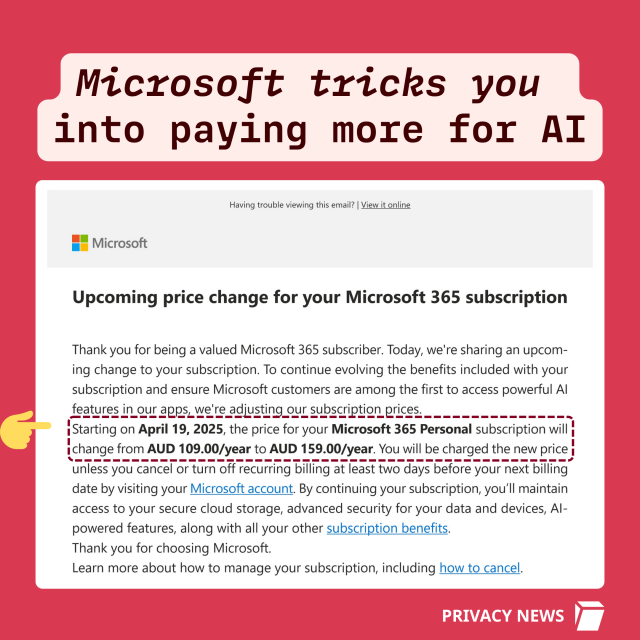






Štěpán Škorpil
in reply to Turris project • • •